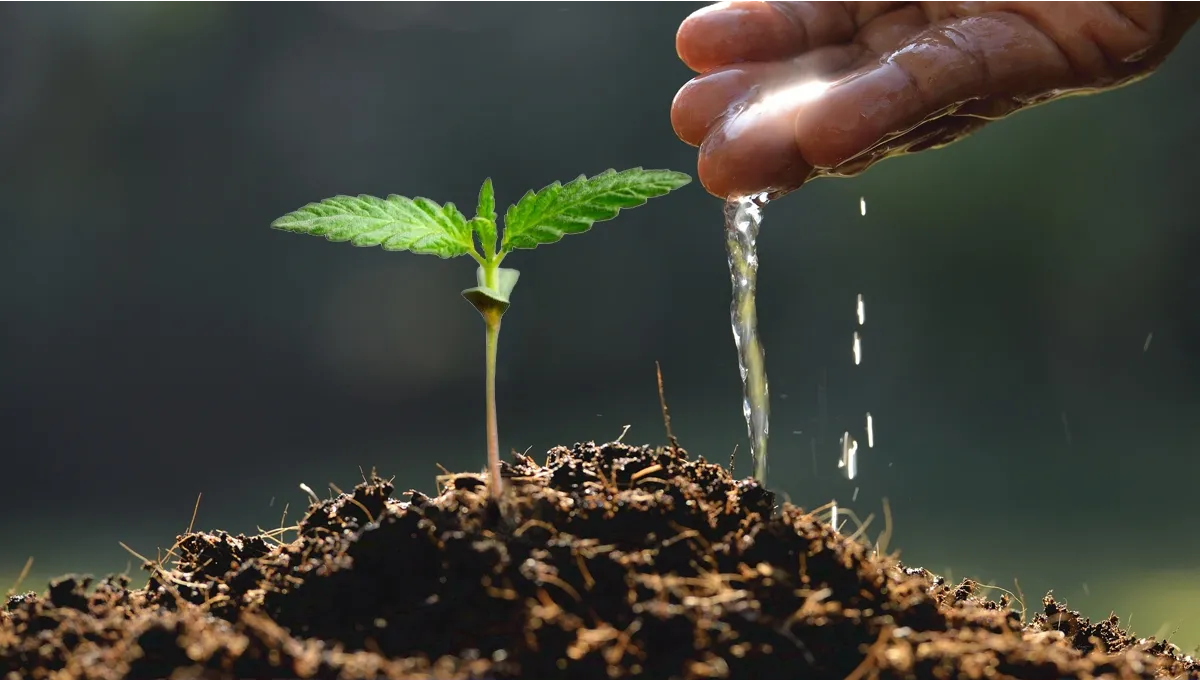Korean Natural Farming (KNF) is an agricultural methodology that emphasizes the use of natural, indigenous, and often locally sourced materials to cultivate plants and enhance soil fertility. It originated in South Korea and focuses on sustainable and regenerative farming practices. KNF aims to work in harmony with nature by leveraging natural farming inputs and techniques to support healthy soil, robust plant growth, and sustainable agricultural systems.
Key principles of Korean Natural Farming include the use of indigenous microorganisms (IMOs) to enhance soil health, create natural water soluble fertilizers and plant nutrients through fermentation processes (such as LAB – Lactic Acid Bacteria, FPJ – Fermented Plant Juice, and OHN – Oriental Herbal Nutrient), and the promotion of effective microorganisms to improve soil and plant health.
The approach involves minimizing external inputs and synthetic chemicals, relying instead on the creation of on-farm inputs using local resources, which fosters a self-sustaining agricultural system. KNF practices are known for their focus on improving soil biology, balancing nutrient content, and supporting plant health through a more natural and holistic approach to farming.

